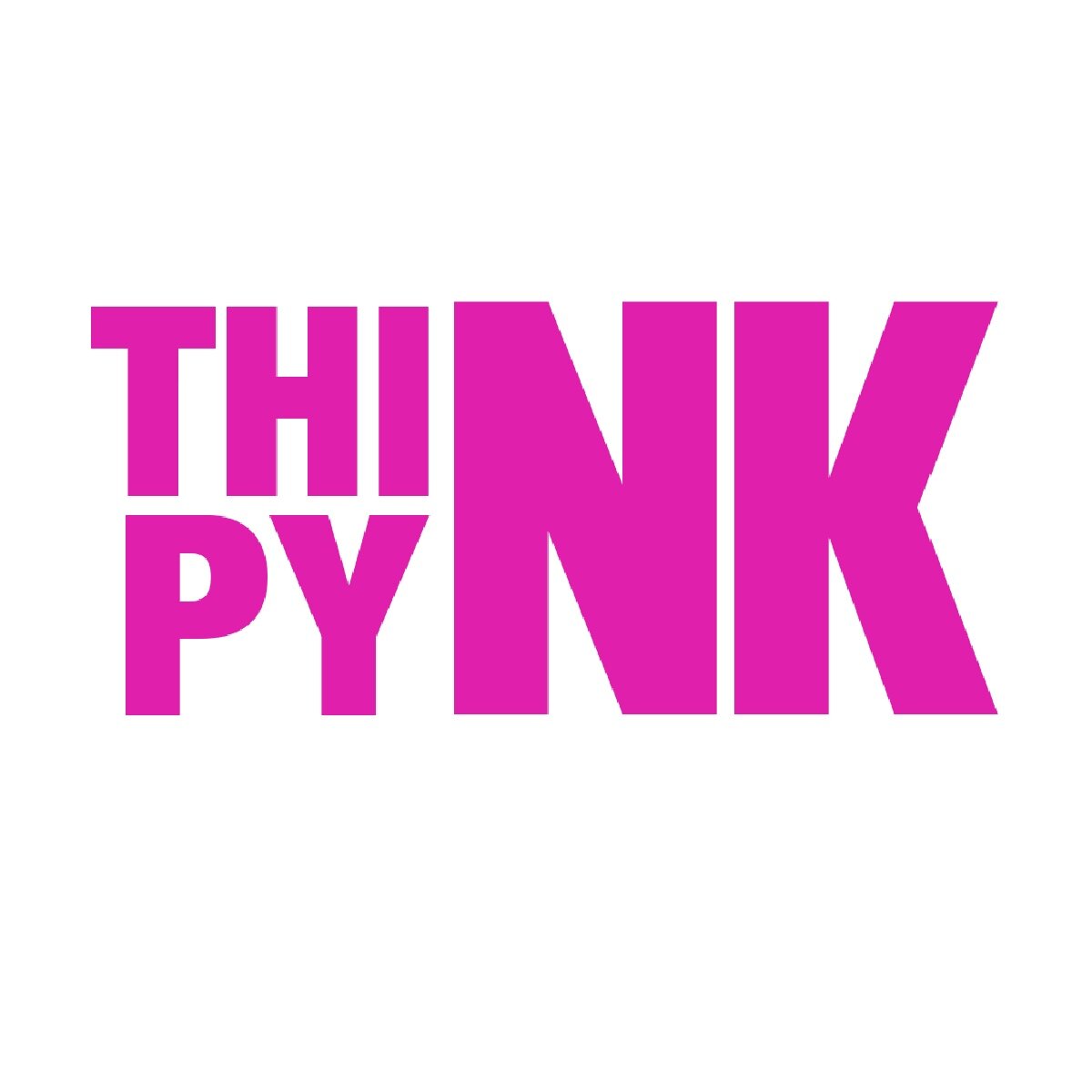What the Birth Plan Doesn't Cover
Written by Mia Cooley
All the experts from the Mayo Clinic to the moms over at What to Expect and The Bump will stress to you the importance of having a birth plan. I will too. Black women, especially, require a plan and care team that will advocate and speak up for your level of care, health and preferences. Seriously, you should hire the doula! One of your most daunting tasks up until you give birth is preparing your mind and body for the labor and delivery experience. Before I was even out of my first trimester my inbox was filled with birth plan templates (that I ignored) created to inform me of all the options available to me. Prior to my doula sitting down with me and explaining every option and possible scenarios, I fully planned to watch a YouTube video on birthing and breathing techniques and wing it. Even if initially overwhelmed, after completing my birth plan I was left feeling informed and empowered within my decision making. I knew that even if I was unable to communicate effectively while in active labor, my care team knew my preferences.
Prior to delivery, birth plans tackle:
• Your birthing method (i.e. vaginal, C-section, water birth, VBAC)
• Notable health issues (Group B Strep, Gestational Diabetes, Asthma, or preeclampsia)
• Who you would like in the room (Partner, Parents, Doula, your other children)
• How and where you would like to approach each stage of labor (Standing, squatting, lying down, submerged in water, or the shower – my personal fave)
• Methods of pain relief (will you request what you need or are you open to taking suggestions?)
• What, if any, forms of labor augmentation (Membrane stripping, membrane rupturing, nipple stimulation, and Pitocin) are you comfortable with?
• If vaginal birth, episiotomy?
• Under what conditions will you allow a C-Section?
• Can the location you’ve chosen to deliver at accommodate all your wishes?
Post Delivery, birth plans address:
• Who will cut the umbilical cord and when?
• When do you want to hold the baby?
• Nutritional preferences. Are you breastfeeding? Need a lactation specialist?
• Who will give the first bath and change the first diaper?
• Where will your baby stay, in the nursery or your room?
• What, if any, vaccinations and vitamins are you willing to have administered?
• Any, and, all religious and cultural preferences
Every birth will be a unique experience and everything from your age, your relationship status, to your financial and emotional positions will affect that experience. There will be things that are out of your control and things that your birth plan will allow you to pre-plan for. What birth plans do not address is everything else. As Black women, even with all these decisions within the birth plan being made we have additional considerations that our white and non-black counterparts will never have to evaluate in their labor and delivery experience. What are the racial disparities for maternal health in your area? Who does your neighborhood hospital or birthing center primarily serve and will you feel safe there? Narratives of strong black women, uneducated black women, aggressive black women, promiscuous and undeserving black women often impact our experience with healthcare providers and render us unseen, ignored, and ill-cared for. Those of us who are young, unwed, and/or queer, have even more to consider. The last thing I wanted was an OB/GYN who was going to “your husband” me to death, but that’s what I had. Or one who tells super-queer me to just have sex because sperm will help move the labor process along. Yes, this happened! While scientifically true, I was left extremely uncomfortable and no longer felt okay with being transparent with my care provider. Something you truly need as a mom-to-be is freedom from assumptions that leave you feeling pre-judged and unfit. This isn’t about being politically correct; this was disregard or lack of training and insensitivity. Convenience and ignorance made me choose to stay, but I now realize how dangerous and detrimental that decision could have been.
Black women face more trauma during childbirth. We are twice as likely to suffer from severe complications during childbirth and pregnancy. We are three to four times more likely to experience pregnancy-related deaths than white women. Countless black women and moms have begun to come forward and share their stories. We share how our pain has been diminished, our intuition ignored, how we’ve been treated as if we are uneducated, overly eccentric, abrasive, and drug-seeking. We share so that we don’t have to share another story like Kira Langston’s. We share because those of us who aren’t heterosexual, married, well-traveled, daughters of judges, etc. have the right to reproduce and receive quality care too.
Mommas, y’all deserve. Try to remember that when you’re planning that first (or next) baby.

